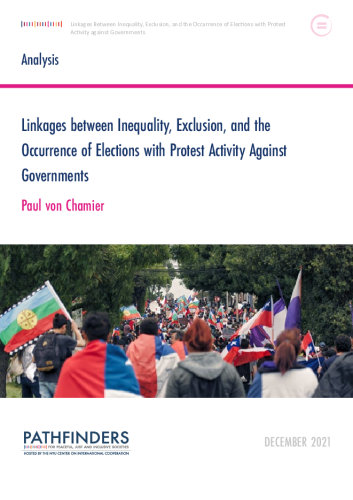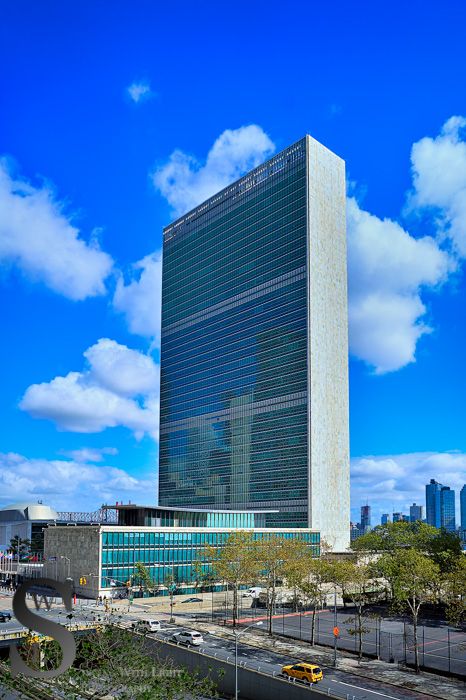An analysis of protest activity across 24 countries reveals that worsening metrics of inequality and exclusion are linked with higher rates of anti-government protests.

There is ample research on the correlation between inequality and exclusion on one side and conflict on the other. For instance, the connection between inequities and violence is one of the underpinnings of the concept of fragile situations, utilized frequently by the World Bank and showcased in publications such as the World Development Report 2011 or Pathways for Peace 2018. It is therefore tempting to draw a logical conclusion that escalating inequality and exclusion can be influenced by both violent conflicts and events such as civilian disorder and political volatility. It also makes sense at an intuitive level as humans are wired to spot unfairness when it affects them, which fits into this hypothesis. The linkage has been in fact proposed since at least the antiquity. For example, in 4th century BCE, Aristotle warned that accumulation of wealth among few Athenians could lead to toppling of the city government. In more modern times, communist revolutionaries were predicting a worldwide violent uprising by the impoverished, agitated by economic injustice. A recent New Yorker article draws the arc between inequities and protests in Latin American countries.
Read the full policy brief: Linkages between Inequality, Exclusion, and the Occurrence of Elections with Protest Activity Against Governments
This policy paper is part of the Pathfinders Grand Challenge on Inequality & Exclusion. More information about this initiative can be found here.



